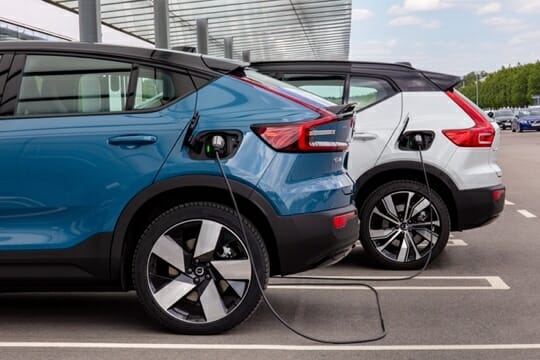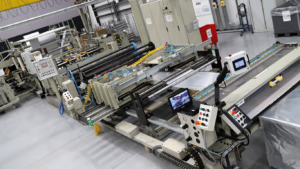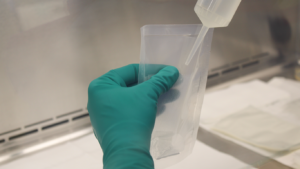Phoenix is estimating that 280,000 electric vehicles will be on the road by 2030, according to Phoenix’s roadmap to 2030. However, state efforts to implement electric charging stations are losing their charge and momentum. Instead, private companies and the federal government are stepping up to fill the gap.
In June 2022, Senate Bill 1151 stalled in the house. In the bill’s initial version it would have allocated $500,000 from Arizona’s general fund to launch a two-year pilot program to create electric charging stations. The bill underwent changes and its most recent rejected format stated the pilot program would be funded through federal money. If passed it would have given permission to any public or private entity to operate charging stations on public state-owned land using the money.
READ ALSO: Could Pinal County become the Detroit of electric vehicles?
READ ALSO: Here’s why Pinal County is poised for boom in development
The funding conflicts continued in October when the Phoenix Environment and Sustainability subcommittee voted to deprioritize electrifying the city’s vehicles to the fourth most important project during the 2023 General Obligation bond program hearings. If the bond passes next year, $1.3 million dollars could be allocated for charging stations over five years. This is a small portion of the subcommittee’s $25 million dollars to disperse.
Meanwhile, efforts in the private sector are taking off. Arizona State University has built 132 total charging stations spread out over all four campuses since 2012. There are 108 Level one chargers and 24 Level two chargers. Level two chargers fill up cars faster.
Assistant Director of Community Services for ASU Parking and Transit Services JC Porter, says the chargers are able to be built from sales through parking permits. Additionally, consumers are charged each time they use the charger. It costs $0.78 per hour to use a level one charger and $1.25 dollars per hour to use a level two charger. Prices also go up the longer a charger is in service.
While not offered on ASU campuses, a more popular charger is the DC fast charger. DC fast chargers can go from an empty tank to 80% full in 30 minutes according to electric charging company Volt Charging.
The company offers access to level two and DC fast chargers in Phoenix for free. This is because the chargers are designed with touch screens that display advertisements when used by consumers. Ad revenue subsidizes these stations.
While many chargers are in residential communities, Volta’s 60 stations in Arizona are public to serve people who may be unable to draw power from their homes.

Volta’s Los Angeles General Manager Ryan Dillon says, “Charging can be expensive at times so if you are a gig economy worker or if you are someone in a low-income area and you want to buy an EV and you are not sure where or how to get charging,” public charging stations will be helpful.
Volta Charging and other companies select the type of station being installed based on the location. For example, Volta charging installs DC fast chargers near grocery stores like Kroger and Walgreens because people will be in and out quickly. Level two chargers are installed at movie theaters and stadiums, where people tend to spend longer periods of time charging their cars.
Blink Charging, another prominent company in Arizona, has 371 charging stations in Phoenix with 362 of them being Level two and only nine being DC fast chargers.
Jon Myers the head of communications for Blink Charging says this is done due to cost and available electricity.
“Those can be very expensive to install,” he said. “It is not very efficient for a lot of companies, a lot of municipalities to be placing that and in a lot of places it is not even ideal because of the electricity it takes up to place those.”
While DC fast chargers are the fastest on the market, Karen Apple, the EV Program Manager for the City of Phoenix says these chargers have a common misconception: they are not good for every situation.
“DC fast chargers are not good for home use. We don’t want you fueling up on a DC fast charger every day, it will degrade your battery,” said Apple.
She reveals it can cost anywhere from $20,000 to $60,000 to install a single EV charger. EV chargers allow for two connections or ports but are still a costly investment. The chargers require at least 80 amps of electricity and a nearby enough source to work.
So while Blink, Volta, and Arizona State University are all able to provide EV chargers, getting to the level of supporting 280,000 electric vehicle charging stations will require a lot of investment.
Some of the money is trickling in like funds from President Biden’s Bipartisan Infrastructure law which allocates $7.5 billion dollars to build a nationwide EV charging network. Other local funding sources still have conflicts that need to be sorted out.




